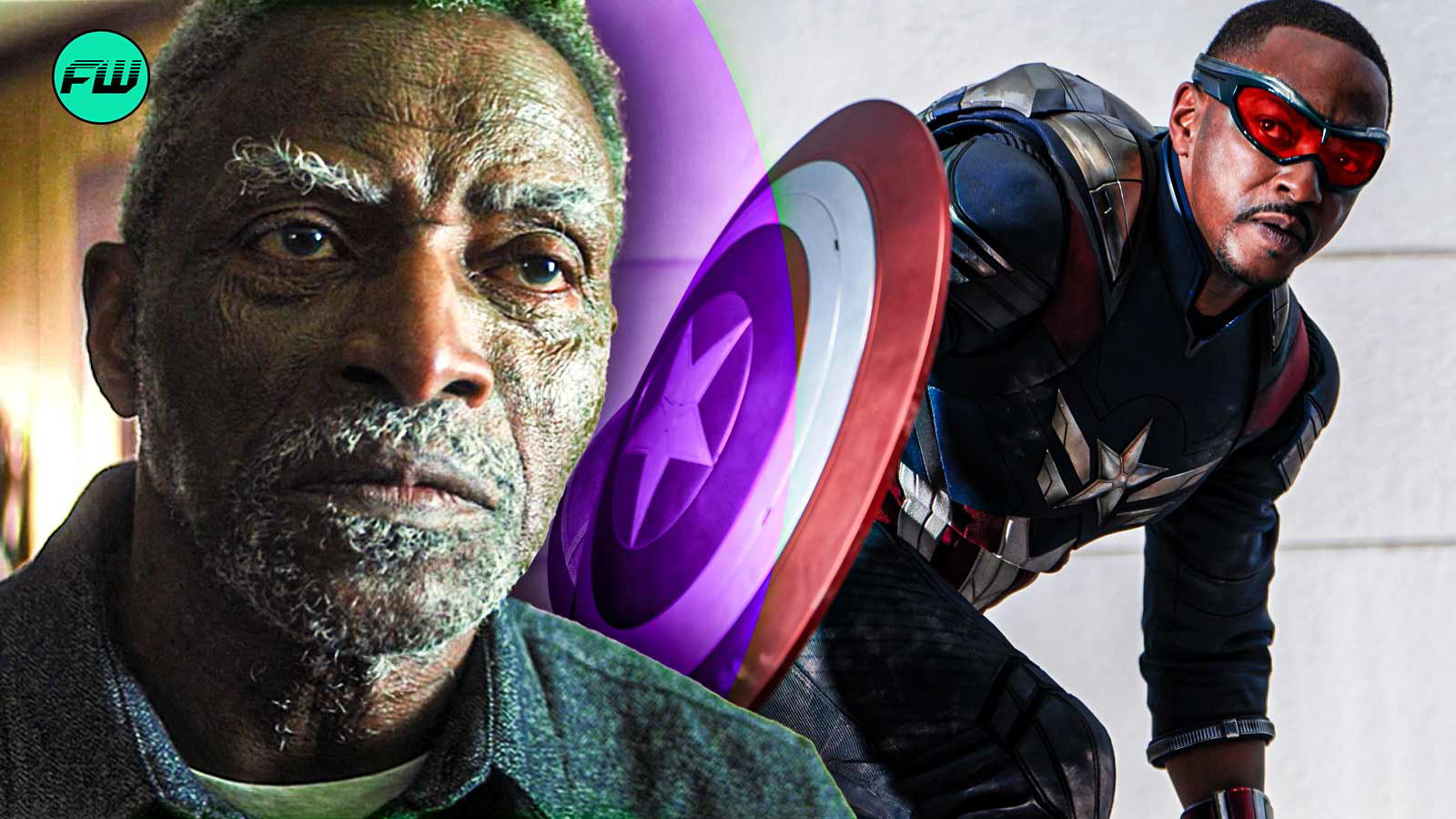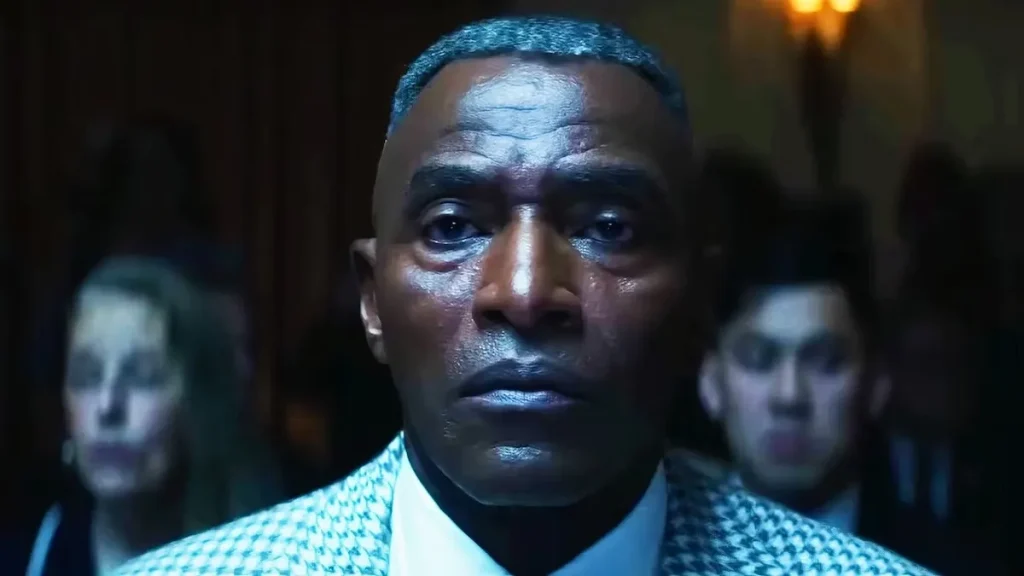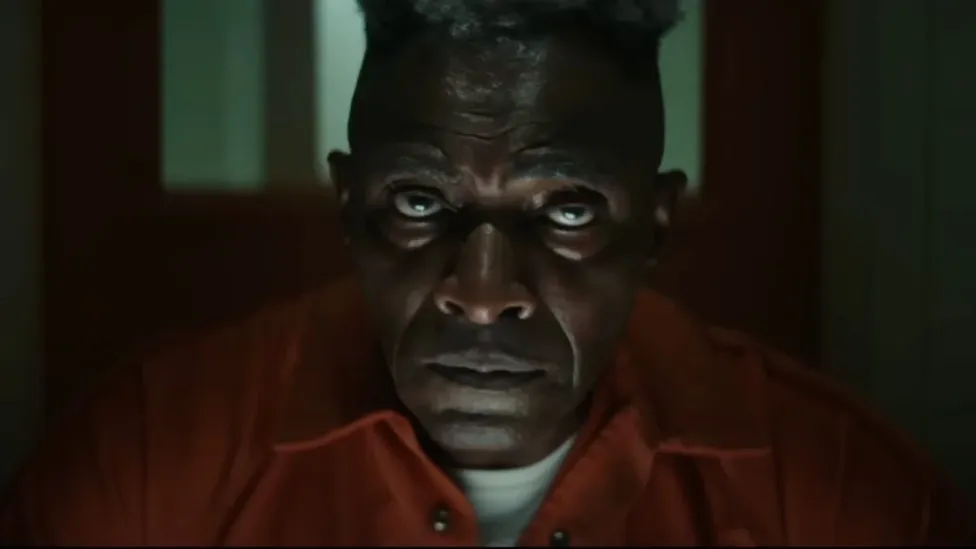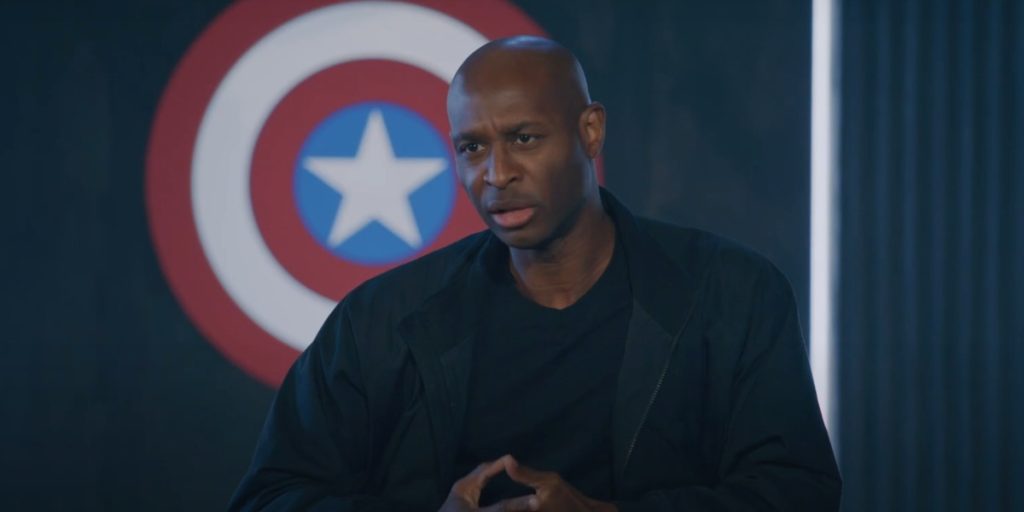Carl Lumbly said, ‘Eh, something doesn’t feel right,’ and Captain America: Brave New World rewrote a scene! Isaiah Bradley’s prison moment with Sam Wilson got a fix—proof stars shape the MCU. [link] #MCU #CaptainAmerica #CarlLumbly

Captain America: Brave New World stormed into theaters on February 14, 2025, marking Anthony Mackie’s debut as the MCU’s shield-slinging lead. It’s a milestone—Sam Wilson stepping into Steve Rogers’ boots, backed by a sprawling cast and a production saga rife with reshoots. But amid the buzz, a quieter story emerged: Carl Lumbly, the veteran actor behind Isaiah Bradley, nudged the script in a new direction. As revealed in a February 22, 2025, FandomWire piece, Lumbly wasn’t sold on one scene’s vibe—“Eh, something doesn’t quite feel right,” he told director Julius Onah—and the team pivoted. That scene? A pivotal prison exchange between Isaiah and Sam, reworked after Lumbly’s instincts kicked in. This isn’t just trivia—it’s a glimpse into how an actor’s voice can refine Marvel’s machine, especially for a film aiming to launch a new Avengers era. Let’s break it down.

Isaiah Bradley: The Forgotten Hero Returns
Carl Lumbly first brought Isaiah Bradley to life in 2021’s The Falcon and the Winter Soldier, painting him as a tragic counterpoint to Steve Rogers. A Korean War vet turned super-soldier, Isaiah endured decades of government betrayal—experimentation, imprisonment, erasure—before Sam honored his legacy with a Smithsonian tribute. In Brave New World, he’s back, not just as a mentor but a player in a geopolitical storm. The trailer teased a brainwashed Isaiah firing at President Thaddeus “Thunderbolt” Ross (Harrison Ford), a plot twist that lands him behind bars. It’s here, in a prison cell facing Sam, that Lumbly’s influence took hold, reshaping a moment meant to echo their shared history.
Onah, speaking to The Wrap, described the original scene as a Sam-Isaiah encounter while the latter’s incarcerated. Details of the first draft are hazy—Marvel guards its secrets tighter than vibranium—but Lumbly’s unease sparked a rethink. “Carl’s just like, ‘Eh, something doesn’t quite feel right,’” Onah recalled. “And I was like, ‘OK, well, you know what?’” From there, they workshopped it, tweaking the script mid-production. The result? A scene that, per Onah, evolved with the film’s “creative process,” reflecting Isaiah’s complex arc and Lumbly’s deep connection to the role.

Carl Lumbly as Isaiah Bradley in Captain America 4 (Credit: Marvel Studios).
The Actor’s Touch
Lumbly’s no MCU newbie. With a career spanning Cagney & Lacey, Alias, and voice work as DC’s Martian Manhunter, he brings gravitas—and a keen eye—to every gig. For Isaiah, he’s tapped into a real-world parallel: the Tuskegee Experiments, where Black men were exploited under the guise of medical progress. “I love this character,” Lumbly told Nerdist. “I love what he stands for.” That passion fueled his pushback. Whatever felt “off”—dialogue, tone, intent—he flagged it, and Onah, a director open to collaboration, listened. This wasn’t diva behavior; it was an actor safeguarding a figure he sees as “a celebration of spirit, determination, and survival,” per Bleeding Cool.
What changed? Without the original script leaking, we’re left to guess. Maybe the initial take leaned too hard into Isaiah’s cynicism, clashing with his growth since Falcon. Or perhaps it missed the emotional weight of Sam, now Cap, facing a predecessor whose trust in the system was shattered. Lumbly’s told ScreenRant he sees Isaiah as wary yet hopeful, worried “the same thing could happen to Sam.” The final scene likely balances that caution with a flicker of faith—Sam’s optimism cracking Isaiah’s shell. Onah’s “evolution” hints at a dynamic shift, not a rewrite from scratch, but enough to align with Lumbly’s vision.

A Production in Flux
Brave New World wasn’t a smooth ride. Announced as New World Order, it weathered script overhauls, dropping a Serpent Society arc for a Celestial mineral treaty plot. Reshoots stretched into late 2024, with The Leader (Tim Blake Nelson) and Red Hulk stealing headlines. Onah admitted to The Wrap that “various aspects” morphed during filming—a polite way of saying chaos reigned. Yet amid the turbulence, Lumbly’s input stands out. Unlike the CGI-heavy Red Hulk reveal (spoiled by trailers), this tweak was intimate, character-driven—a rare win in a film critics call “neither brave nor new” (Daily Tar Heel).
The prison scene’s stakes are high. Isaiah’s assassination attempt—mind-controlled or not—puts him at odds with Sam’s mission to rebuild the Avengers under Ross’s shaky presidency. Their jailhouse talk isn’t just plot filler; it’s a torch-passing moment, fraught with history. Lumbly’s nudge ensured it rang true, not rushed. “He’s always rebalancing,” he told CBR, hinting at Isaiah’s superpower: resilience. Onah’s willingness to adapt midstream—unlike Marvel’s usual iron grip—shows a director betting on his actors to elevate a shaky script.
Why It Matters
This isn’t the first time an actor’s shaped the MCU. Robert Downey Jr. ad-libbed Tony Stark into icon status; Tom Hiddleston’s Loki evolved through improvisation. But Lumbly’s case is quieter, rooted in character, not flash. Isaiah’s not a quippy sidekick—he’s a symbol of systemic betrayal, a Black super-soldier whose story hits harder in 2025’s polarized climate. Lumbly, TV’s first Black superhero in 1994’s M.A.N.T.I.S., knows that weight. “It’s a brutal story but a privilege,” he told the LA Times. His tweak wasn’t ego—it was duty, ensuring Isaiah’s pain and hope landed authentically.
Fans noticed. Popverse calls Lumbly’s Brave New World work “one of the best performances in Marvel history,” especially in scenes like Isaiah begging captors not to ruin his wedding suit—a raw PTSD beat. The prison moment with Sam builds on that, a standout in a film bogged by “flat characters” (NY Post). Lumbly’s input might’ve saved it from feeling rote, giving Sam’s Cap a foil who’s more than a plot device. It’s a small victory in a $180.9 million opener that’s divisive—61% on Rotten Tomatoes—but it’s one that echoes beyond the screen.
The Bigger Picture
Brave New World isn’t perfect. Its marketing overhyped Red Hulk, its politics feel muddled, and Bruce Banner’s absence irks (CBR). But Lumbly’s role—and his sway—hints at what works: human stakes in a multiverse mess. Onah’s inspiration from Ant-Man and Black Widow aimed for grounded thrills, and Lumbly’s scene fits that mold—less CGI, more soul. As Sam eyes a new Avengers lineup (post-credits tease), Isaiah’s arc could ripple into Doomsday or Secret Wars. Lumbly’s open to more—“In my heart, I’ll never leave,” he told FandomWire—and fans crave it.
For now, this tweak is a testament to collaboration in Marvel’s machine. Onah didn’t just direct; he listened. Lumbly didn’t just act; he cared. “Something doesn’t quite feel right” became a spark, refining a film that needed it. Captain America: Brave New World may not redefine the MCU, but in that prison cell, it found a heartbeat—thanks to a vet who wouldn’t settle for less.





